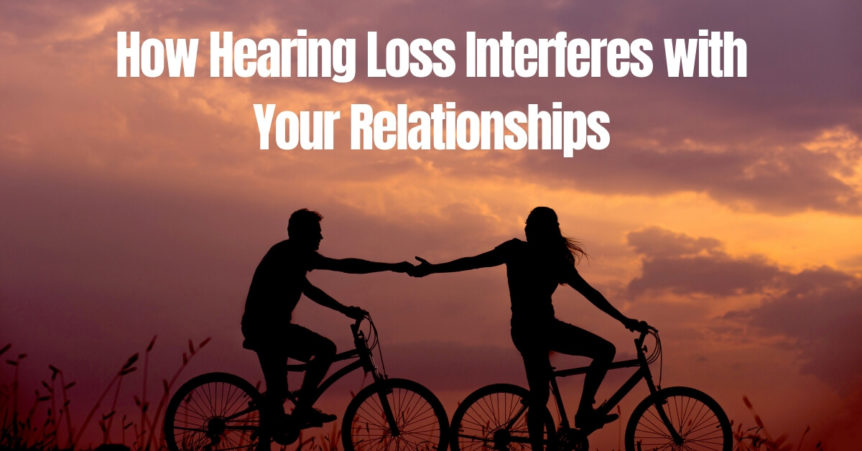- The Harm of Smoking to the Ears - April 9, 2025
- The Importance of Exercise for Hearing Health - March 11, 2025
- Movie Theaters and Hearing Aids - February 13, 2025
Hearing loss does more than effect those it afflicts. Often, it’s the people around us who also suffer silently. With the number of people with hearing loss expected to nearly double in the next few decades, it’s important to consider the effects of untreated hearing loss on not only the person experiencing hearing loss, but on their family and close friends.
Prevalence of hearing loss
Currently, hearing loss impacts nearly 48 million Americans individually. Take into account those closest to people affected, and the impact of hearing loss has a much greater reach. A study published last year in JAMA Otolaryngology-Head & Neck Surgery reports that the number of adults, aged 20 years or older in the United States, will rise exponentially in the coming years. Researchers predict that numbers will gradually increase from 44 million in 2020 to 74 million by 2016. That is a huge increase!
Why does hearing change?
Some people are born with hearing loss, known as congenital hearing loss. Others experience loss of hearing due to a sudden, traumatic accident. A small number of folks find themselves hard of hearing as a result of medications or because of medical conditions. But a large number of people lose healthy hearing as a result of exposure to too-loud noises over long periods of time, or simply because they’re getting older.
Natural aging process and hearing loss
Of course, much of the increase in the occurrence of hearing loss is due to natural hearing loss that is a normal result of the aging process, combined with population growth. In 2020, 55% of adults with hearing loss will be 70 years or older, whereas that statistic will increase to 67%. Age related hearing loss is a gradual process, sometimes going unnoticed until the time to act and intervene is past.
Diagnosing hearing loss
Any type of gradual hearing loss can be difficult to diagnose. The symptoms are discrete and hearing often deteriorates slowly, over time. Because of this, the way we communicate and our relationships might have been undergoing subtle changes for some time before the harmful effects are felt outwardly.
At our core, we humans are social creatures. When communication becomes challenging, so does connecting with others. Undiagnosed and untreated hearing loss carry a hidden danger to our emotional and mental health.
Take control of the situation
When dealing with any health concern, it can be seductive to enter into seclusion among feelings of “why me?” This is particularly true with hearing loss, as the sense of isolation that already comes with the territory of diminished communication faculties. However, it’s this same very human tendency to avoid action which negatively impacts relationships.
Harmful effects on others
While we want to just deal with these problems ourselves, sometimes by not acknowledging that there is a problem at all, intervening in hearing loss can provide a much healthier interrelationship life. In an online survey, 33% of people over age 40 with hearing loss said that their condition led to arguments with their spouse. What’s more, some studies suggest that divorce rates among those suffering from severe hearing loss are significantly higher.
Intervene in hearing loss
Further motivation to treat hearing loss with hearing aids comes by way of studies that show those who do so report a higher quality of life than those with untreated hearing loss. They have a more active life, tend to venture further from the home and report lesser rates of depression than those who do not seek treatment. And if care and concern for yourself aren’t enough to get you into an audiologist’s office, consider the effects of hearing loss on the ones you love and the important relationships in your life.
Schedule a hearing test
Intervening in hearing loss can be as simple as scheduling a hearing test if you think that your hearing is less than healthy. It may be just an opportunity to take stock and reconsider daily habits in order to preserve hearing for the future. However, if you’ve noticed that your hearing abilities have changed, contact us at Better Hearing Center. Our team can begin to guide you down a path of intervention.
Hearing aids today are much different than those of a few generations ago. They’re smarter, sleeker and more powerful. Many are so discreet that they’re virtually unnoticeable! Contact us at Better Hearing Center today to learn more!

